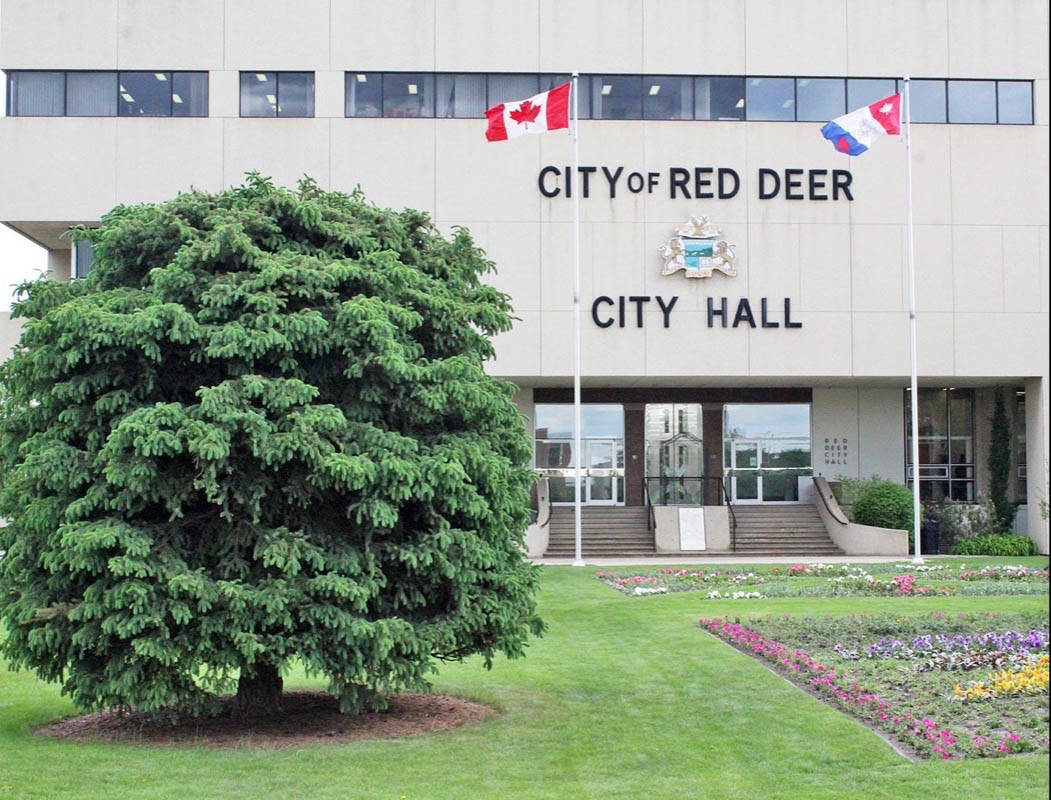Red Deer City council is taking a hard stance on new federal cannabis legislation set to take effect next July.
Council adopted cannabis legalization advocacy positions at this week’s meeting in light of the federal government’s decision to legalize cannabis come July 1st, 2018.
Council directed administration to continue to advocate on cannabis legalization as a means to maintain discussions with the federal and provincial governments and to report back with recommendations on the necessary amendments to City of Red Deer bylaws and policy changes required to implement the federal legalization and provincial legislation of cannabis.
Council’s reasoning for taking the position included, “Municipal involvement will be important to ensure the unique needs of municipalities are considered in addition to influencing the provincial Cannabis Framework at the outset of legislation.” Also, “The working team, of subject matter experts is imperative to communicate the City of Red Deer’s need and concerns with respect to cannabis legislation.”
On June 2nd, the Alberta Government launched public consultation on the provincial response to the federal government’s Bill C-45, an Act respecting cannabis and to amend the Controlled Drugs and Substances Act, the Criminal Code and other Acts including The Cannabis Act.
The Alberta Cannabis Secretariat, a central office established to coordinate the provincial response to legalization, has been undergoing public engagement with the use of online surveys and acceptance of written submissions.
Some of the advocacy positions the City of Red Deer has taken include supporting establishing strong criminal penalties, advocating for federal standardized limits of THC and potency, supporting restricting the scale of residential growing for health and safety reasons, advocating that pricing of cannabis does not encourage people to purchase in the illegitimate market, advocating smoking of cannabis is prohibited in public areas (indoor and outdoor) and advocating the legal age of cannabis consumption in Alberta be 21 years, among others.
Mayor Tara Veer said she is proud of how council tackled the issue.
“I think we worked through very respectfully what is proving to be an incredibly difficult issue to build agreement on across the country. Even what we’ve walked through tonight, there’s so much more that we haven’t anticipated that we will likely have future conversations on,” she said. “I think the greatest challenge looking ahead that municipalities will be faced with is that it is not only the federal government timeline of July 1st, 2018, the provincial governments have also said that’s unreasonable in terms of a timeline for them to look through the policy list and determine what is in the interest of public health.
“Once the provincial orders grapple with it – they may grapple with it up until close to the federal deadline and then municipalities will be tasked to an even tighter timeline. We really are in a challenging place. I think this is the best that we can do given the landscape that we are dealing with and I think it’s good that we have at least adopted a municipal position so that we have something moving forward on because this will come back to us in many different forms in the future.”
Councillor Dianne Wyntjes agreed.
“I think municipalities and provinces should not be timid in pushing back on the date the government has provided of July 1, 2018.”
Councillor Tanya Handley added it is important to remember why City council is making these decisions at this time.
“The reason we are stressing this is due to federal decision making. With advocacy we can say all we want, but ultimately it will be sent down to us.”



